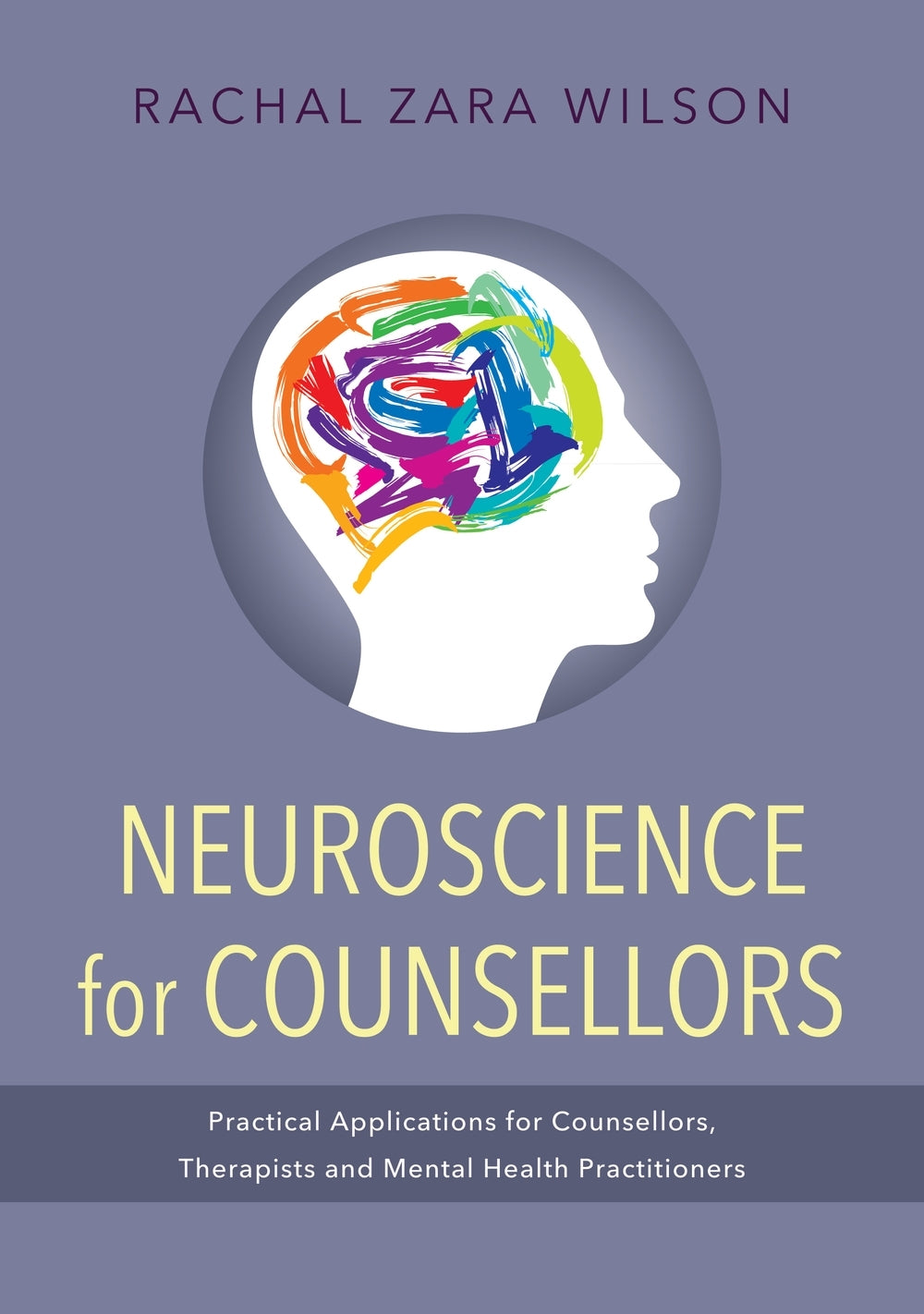
Press Reviews
Jeannie Wright, University of Warwick, Director of Counselling and Psychotherapy Programmes
For a rich and pluralistic perspective on how neuroscience informs counselling practice, this is an exceptional book. Firstly, it draws on a range of psychotherapeutic theories including cognitive behavioural, narrative and creative approaches; secondly, it takes a uniquely holistic view. In Maori and Pacific traditions about human well-being, neuroscience is only one recent lens to provide more information about different “parts of the elephant”. Finally, this book offers some practical applications of neuroscientific findings from first-hand experience of therapy, and a very useful glossary to explain scientific terms.
Nan Blanchard, Counsellor, Wellington, New Zealand
This superb resource presents new discoveries in the field of neuroscience that will help counsellors make a difference in their work with clients. Accessible, practical and timely, this beautifully written book is underpinned by the author's belief that change is possible. Her palpable humanity lies at its heart.
Brent Gardiner, Postgraduate programme leader, Counselling & Guidance, Massey University, New Zealand
In this work, Rachal Zara Wilson has made the complexity of neuroscience research accessible to practicing counsellors, seamlessly weaving in the evidence base at the same time. She then manages to distil practical strategies for counselling practice that are at once readable, logical and understandable. Neuroscience for Counsellors is essential reading for experienced counsellors and students alike.
Diane Parker is a coach, dance movement psychotherapist and editor of Coaching Today
Therapy TodayThe book explains the neurological processes in a number of conditions, ranging from post-traumatic stress disorder to psychosis, and how the counsellor can use this knowledge when working with a client with that diagnosis. The focus throughout is on encouraging the client to practice different ways of thinking, acting and responding so they establish new neural pathways... This is an accessible work on a complex subject that is constantly producing new findings. Even as she finished the book, Wilson was aware of the wealth of new material coming through. I hope she brings out an updated version... this excellent book is essential reading for trainees, experienced counsellors and trainers... The book will also appeal to 'curious non-professionals' - clients or people with a general interest in psychology and psychotherapy...I found the sections on history and theory enlightening, and it was helpful for me to see where my own developing practice is situated within the context of the relationship between body psychotherapy and contemporary psychoanalysis.
Alison Smyth/Counsellor and clinical supervisor
BACP Children & Young PeopleThis is a practical book aimed at those working with people in a therapeutic or helping capacity, namely counsellors, therapists and mental health practitioners... each chapter within the sections (...) divided further into "What do we know?" and "What does this mean for counselling?"... It offers not only a way of creating new perspectives in case conceptualization and hypothesizing, by also an alternative view when considering the neuroscientific base for cognitive behavioural, narrative and solution-focused therapy, with all of which it concurs strongly.
Sue Jennings PhD, author
Promt 92) 2014This is a highly informative and practical book and will be an essential resource for dramatherapists (as well as other mental health practitioners)... The book includes up-to-date information on the current state of brain research and how it makes an impact on how we understand therapy and counselling... . I recommend this book as essential reading for training courses in all the arts therapies but in particular for dramatherapy where our interactive techniques can make such an impact of the brain.
